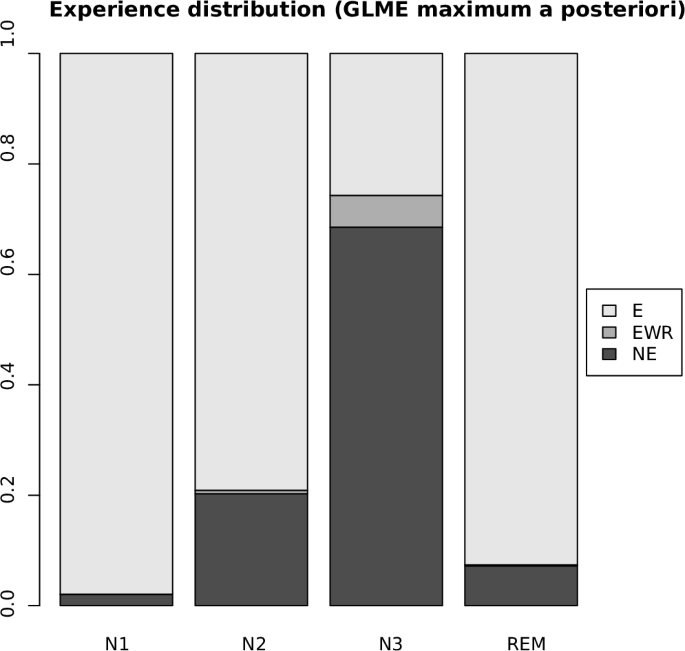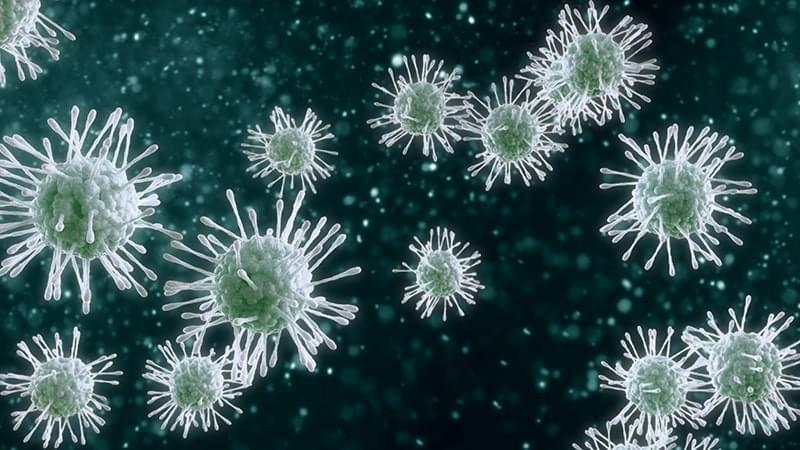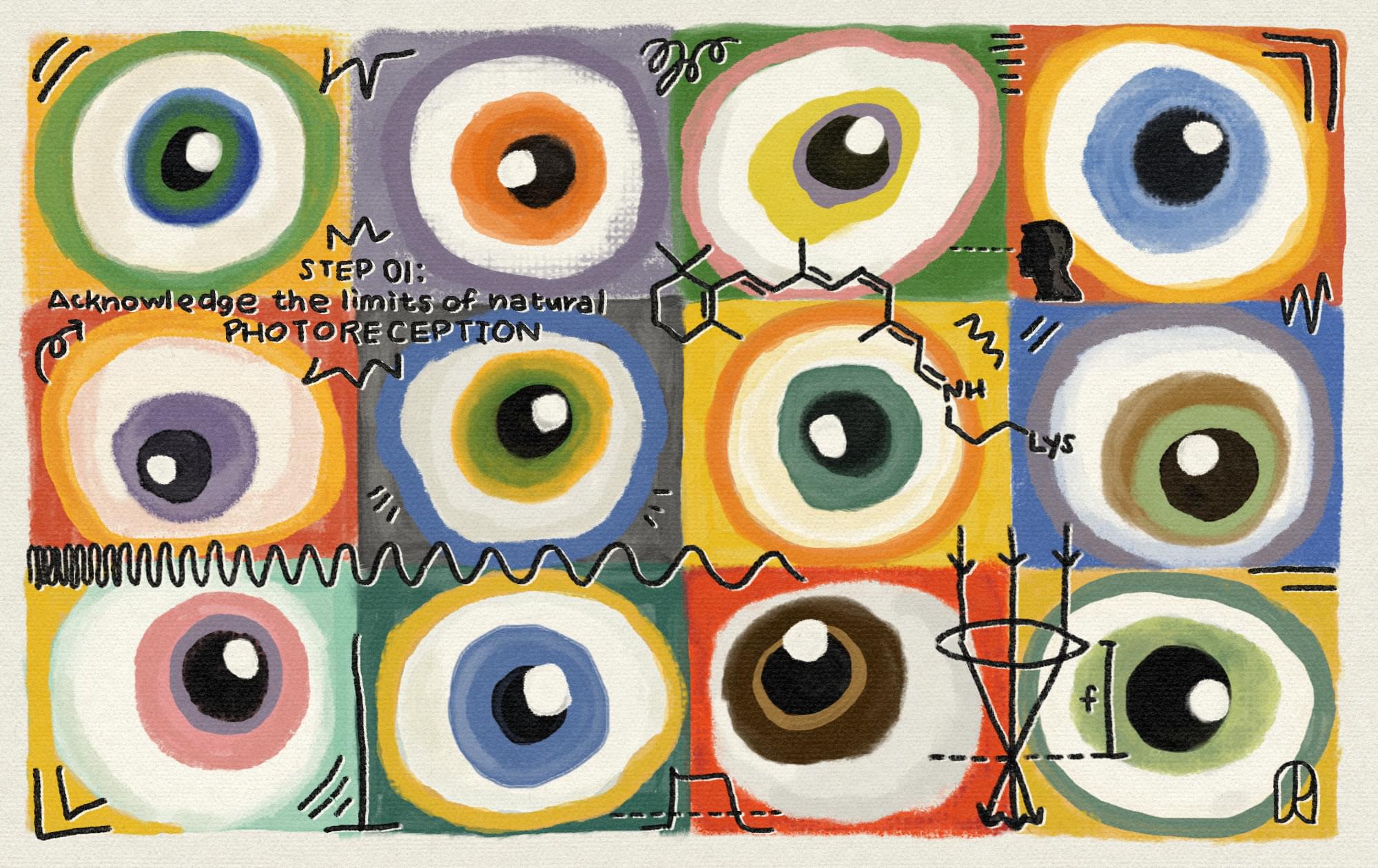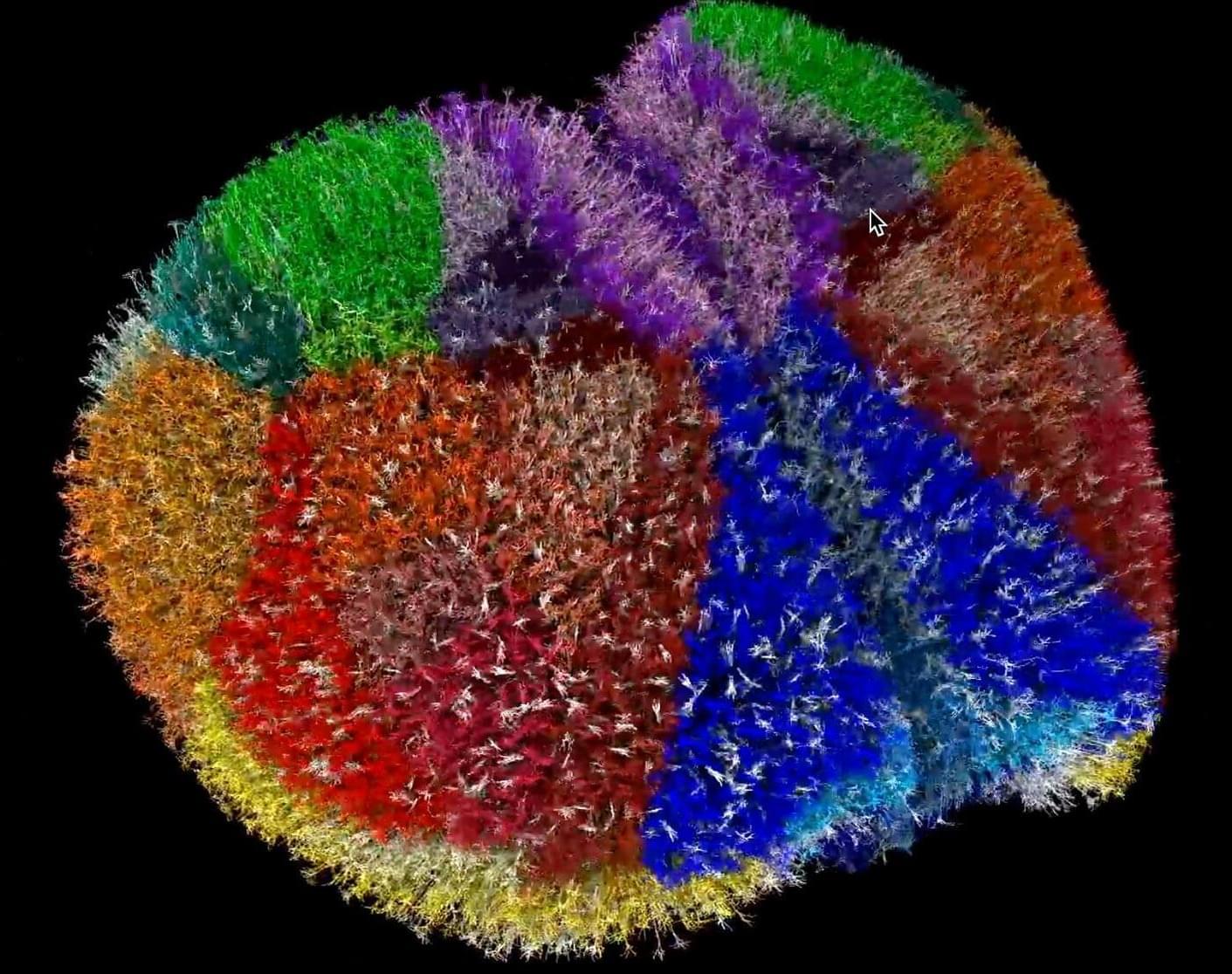How effective is generative AI (GenAI) at brainstorming independently? This is what a recent study published in Decision Analysis hopes to address as an in | Technology



For millennia, dreams have been a source of fascination, but their systematic study is a modern endeavor with significant scientific applications. Investigating subjective experiences during sleep can inform research into consciousness itself, aid in understanding memory consolidation, and provide insights into sleep disorders like sleepwalking. Despite this importance, progress has been hampered by a persistent challenge: dream studies are resource-intensive, often resulting in small sample sizes that are difficult to compare across different laboratories.
To address this limitation, a consortium of 53 researchers from 37 institutions across 13 countries came together to build the Dream EEG and Mentation database, known as DREAM. Coordinated by Monash University in Australia and supported by organizations including the Bial Foundation, the project aimed to centralize and standardize decades of dream research.
The goal was to create a large-scale, publicly accessible resource that would allow scientists to conduct more robust and comprehensive analyses of the dreaming brain. Giulio Bernardi of the IMT School for Advanced Studies Lucca in Italy, a contributor to the project, noted that the effort represents a decisive step in the scientific exploration of human consciousness by gathering vast amounts of research into a single place.
The team assembled data from 20 different studies, resulting in a collection of more than 2,600 records of awakenings from 505 participants. For each record, the database contains electroencephalography, or EEG, recordings, which measure the brain’s electrical activity using electrodes placed on the scalp. Some records also include magnetoencephalography, a related technique that measures magnetic fields produced by the brain’s electrical currents. These neurophysiological recordings are paired with a report from the participant upon waking.
A dream EEG and mentation database.

Although the flu season seems off to a quiet start in the US, warnings from abroad suggest that a new strain may yet shake up the US healthcare system. New data reported in the British Medical Journal showed a significant increase in flu rates in the UK, largely among young adults and school-aged children. The cases are dominated by a new H3N2 strain, which mutated several times over the summer, increasing in severity, according to experts.
Data from Canada, UK, and Japan reveal an H3N2 flu variant that may affect 2025–2026 season.


Fibromyalgia is a syndrome characterized by chronic widespread musculoskeletal pain, which may or may not be associated with muscle or joint stiffness, accompanied by other symptoms such as fatigue, sleep disturbances, anxiety, and depression. It is a highly prevalent condition globally, being considered the third most common musculoskeletal disorder, following lower back pain and osteoarthritis. It is more prevalent in women than in men, and although it can occur at any age, it is more common between the ages of thirty and thirty-five. Although the pathophysiology and etiopathogenesis remain largely unknown, three underlying processes in fibromyalgia have been investigated. These include central sensitization, associated with an increase in the release of both excitatory and inhibitory neurotransmitters; peripheral sensitization, involving alterations in peripheral nociceptor signaling; and inflammatory and immune mechanisms that develop concurrently with the aforementioned processes. Furthermore, it has been determined that genetic, endocrine, psychological, and sleep disorders may influence the development of this pathology. The accurate diagnosis of fibromyalgia remains challenging as it lacks specific diagnostic biomarkers, which are still under investigation. Nonetheless, diagnostic approaches to the condition have evolved based on the use of scales and questionnaires for pain identification. The complexity associated with this pathology makes it difficult to establish a single effective treatment. Therefore, treatment is multidisciplinary, involving both pharmacological and non-pharmacological interventions aimed at alleviating symptoms. The non-pharmacological treatments outlined in this review are primarily related to physiotherapy interventions. The effectiveness of physical exercise, both on land and in water, as well as the application of electrotherapy combined with transcranial therapy and manual therapy has been highlighted. All of these interventions aim to improve the quality of life of patients highly affected by fibromyalgia.
Using common kitchen ingredients such as citric acid and sodium bicarbonate, scientists have created an edible pneumatic battery and valve system to power soft robots.
Soft, biodegradable robots are used in various fields, such as environmental monitoring and targeted drug delivery, and are designed to completely disappear after performing their tasks. However, the main problem with them is that they rely on conventional batteries (such as lithium), which are toxic and non-biodegradable. And until now, no successful system has been developed that can provide repeated, self-sustained motion using only edible materials.
In a new paper published in the journal Advanced Science, researchers from Dario Floreano’s Laboratory of Intelligent Systems at EPFL in Switzerland describe how they developed a fully edible power source (battery), a valve system (controller), and an actuator (the robot’s muscle).


Looking at the bench and readings, he concluded that the previous night’s firmware update had introduced a timing mismatch. The wires hadn’t burnt out, but the clock that told them when to fire had been off by a microsecond, so the expected voltage response never lined up. He suspected half the channels had dropped out, even though the hardware itself wasn’t damaged. Fifteen minutes and a simple firmware rollback later, and everything worked perfectly.
Now, Lyre and I swapped the saline for neuron cultures to check if the wires could trigger and record real biological data. While we confirmed, Aux fine-tuned his AI encoder and processed April’s data.
We were finally ready to test the integrated system, without yet risking its insertion into April’s brain. We built something we only half jokingly called a “phantom cortex,” a benchtop stand-in: a synthetic cortical sheet of cultured neurons on a chip designed to act as April’s visual cortex. On one side, we put a lab-grown retinal implant that carried live sensory input. On the other, Aux’s playback device pushed reconstructed memories. The phantom cortex’s visual field was rendered on a lab monitor so that we could assess the pattern projections. The phantom cortex rig buzzing faintly in the background, gelled neuron sheets twitching under the microscope with each ripple of charge.


The study, led by Darryl Seligman of Michigan State University, used simulations to model ISO behaviour and paths. The findings suggest that certain regions are more exposed to potential impacts.
“In this paper we calculate the expected orbital elements, radiants, and velocities of Earth-impacting interstellar objects,” the paper is available online at arxiv.org.
A report by the Universe Today mentioned that the analysis doesn’t calculate the number of ISOs as are no constraints on the number to work with.